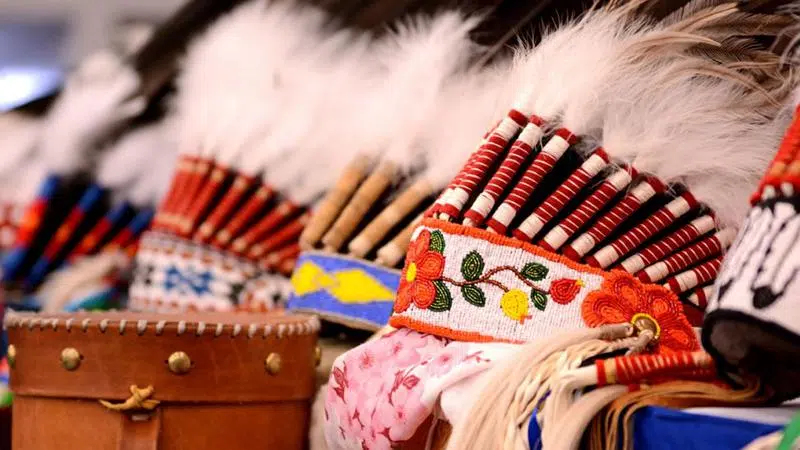
PAGC calls on government to help families with missing loved ones
A spokesperson for Prince Albert Grand Council (PAGC) says there needs to be immediate support from government to help the families searching for missing loved ones.
The comment from Shirley Henderson with the Women’s Commission, comes in response to the release of the final report on Missing and Murdered Indigenous Women and Girls (MMIWG). Henderson told paNOW there has been no support in the past from either the provincial or federal levels of government to assist with search efforts.
“I know when Happy Charles disappeared, they had no food, they had nothing at all for the searchers so Prince Albert Grand Council kicked in and bought food for them, and water, and other supplies,” she said.



